Nuts, kernels and the like now have a better reputation than they did ten years ago: too greasy, too many calories - that was the credo of the nutrition experts. They weren't all that wrong - and that's a good thing! In contrast to animal fat, the vegetable fat in nuts, seeds and kernels is very important for the human organism.
Fat? Yes, please!
Vegetable fats, such as those found in nuts and the like, are mostly unsaturated fatty acids. The body cannot produce these itself, but it urgently needs them. For example, some vitamins (e.g. A and D) can only be absorbed together with fats. The fatty acid structure of nuts, seeds and kernels is extremely beneficial to us. A small amount is usually enough to cover the daily requirement of important fats. For example, in connection with walnuts, the large amount of omega-3 fatty acids should be mentioned, which are now well known for their positive effect on the cardiovascular system.
Overall, positive effects on cholesterol levels are attributed to most of the fats in nuts. The blood lipid levels generally decrease, the proportion of "bad" LDL cholesterol decreases. Blood sugar levels also stabilize with regular consumption of nuts and seeds. In addition, there is a high content of minerals (e.g. magnesium and potassium) and vitamins (especially vitamin E and B6). Overall, the intake of nuts, seeds and kernels should even increase life expectancy.
energy bill
The US Food and Drug Administration (FDA) recommends eating 50g of walnuts a day – that's a handful of the little super nuts. The truth is: Nuts, seeds and kernels contain a lot of energy. After all, a whole pumpkin grows from a pumpkin seed, for example - that takes power! An average nut gives us around 600 kilocalories per 100g: Macadamia nuts and walnuts have a little more, pistachios and peanuts a little less. Of course, that sounds like a lot, but athletes in particular can do a simple cost-benefit calculation: 50g of walnuts provide us with important fatty acids, vitamins and minerals and taste good. On the other hand, the 327 kilocalories are manageable, especially if you use them as a snack substitute for chips, chocolate bars or Nutella bread. Because nuts, seeds and co. also provide a lot of dietary fiber, which promotes digestion and fills you up.
Which nut is the right one?
The important ingredients of nuts, seeds and kernels mentioned above usually apply to all representatives, but there are sometimes serious differences in the amount of fatty acids, vitamins, etc. It is worth taking a closer look at the different types: triathlon.de presents some specimens in more detail. You can also find one or the other preparation tip with us.
Right (it) fat - the walnut
The walnut is the winner in the fat structure category. It contains by far the most omega-3 fatty acids, omega-6 fatty acids (in a ratio of 1:4) and polyunsaturated fatty acids. There are now certain walnut diets that are based on Mediterranean cuisine and are intended to support the cardiovascular system overall.
The walnut is also high in zinc, potassium, magnesium and iron, as well as vitamins A, B1, B2, B3, E and E. It is easy to incorporate into your diet as a snack or as a salad topping. It also makes sense to use walnut oil for salads or for frying.
Filling and delicious: the almond
There are some studies on almonds that show that regular consumption reduces the risk of cardiovascular disease and increases life expectancy. Just 20 grams should be enough to achieve these effects. In addition, almonds contain a relatively large amount of fiber - which is good for digestion and makes you feel full for longer.
If you look at the minerals the almond contains, the high calcium value is striking. In addition, there are larger amounts of magnesium and a high proportion of folic acid - this is particularly important during pregnancy. With around 580 calories per 100g, they are not quite as high in energy as many other nuts. Almonds naturally play a large part in the production of marzipan. However, it is healthier to add a few nuts to muesli or porridge.
Mineral bomb: the hazelnut
Hazelnuts contain a lot of monounsaturated fatty acids in contrast to other nuts. There are also important proteins, as well as a lot of calcium, iron, potassium, magnesium and many vitamins. It makes sense to buy hazelnuts in the shell and crack them later - this way they stay fresh longer and don't go rancid as quickly. Hazelnuts are often used in baking, but they also taste great in muesli or as a simple snack. Unfortunately, hazelnuts in particular often cause allergies, as they have a similar effect to birch pollen and can cause cross-allergies.
Digestive booster: the flaxseed
The seeds of the flax, the linseed, contain a lot of oil. Therefore, they are often processed into valuable oil. Unpeeled flaxseeds have a particularly positive effect on digestion. Under the shell is a kind of mucus that swells up in the stomach and positively "irritates" the intestinal receptors. However, one should not overdo it with the intake of the small brown seeds: Too much of a good thing can also lead to digestive problems.
Nevertheless, it is worth consuming flaxseed regularly: they also contain many vitamins, minerals and unsaturated fatty acids. The important proteins are also located directly under the skin – so do not eat the flaxseed peeled! Anyone who consumes flaxseed should always drink a lot - otherwise the seeds cannot swell and develop their full effect! A tablespoon of flaxseed is enough to tune the muesli or fruit salad. A combination of linseed, sea buckthorn juice and natural yoghurt is very tasty and above all healthy.
Spicy and healthy: pumpkin seeds
Pumpkin seeds are the slightly larger, greenish seeds that are often found on buns. They can also be roasted and added to salads or simply eaten as a snack. And this type of seed is also full of good nutrients: it includes vitamins A, B1, B2, B6; C, D and E. There are also large amounts of magnesium, iron, zinc and selenium. It also contains the obligatory unsaturated fatty acids and skin-friendly beta-carotene. The somewhat greenish pumpkin seed oil is very popular and is as healthy as it is delicious.
A small overview of seeds, nuts and kernels already shows that these are real health boosters. Plus, it's easy to schedule your daily consumption of them. Leaf salad, fruit salad, yoghurt, muesli and rolls can often be bought with nuts or simply mixed with them. As a nibble, they replace chips and the like, for example trail mix. It doesn't take much, one to two handfuls a day is enough. Of course, nuts and co. alone cannot keep us healthy, but together with our training and an overall balanced diet, the positive effects are particularly evident.

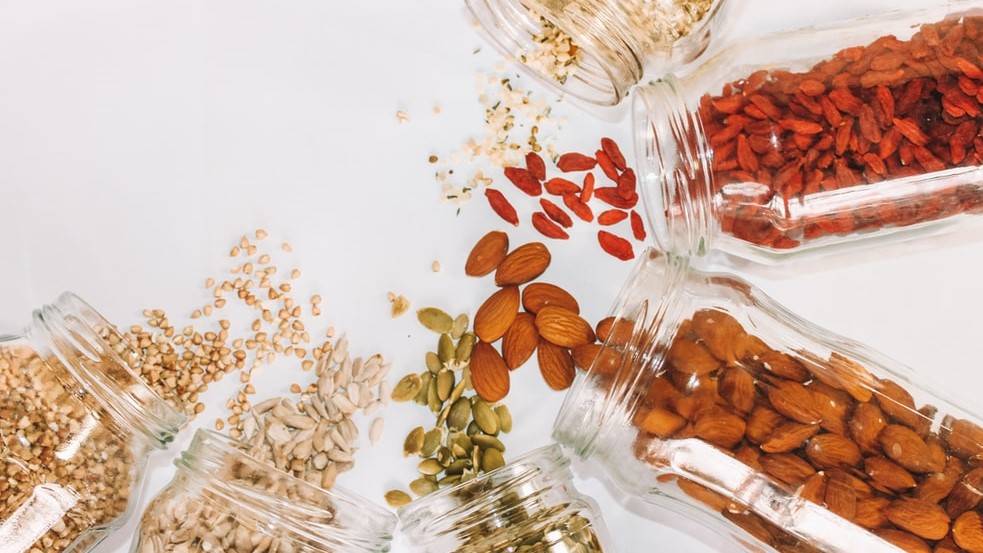





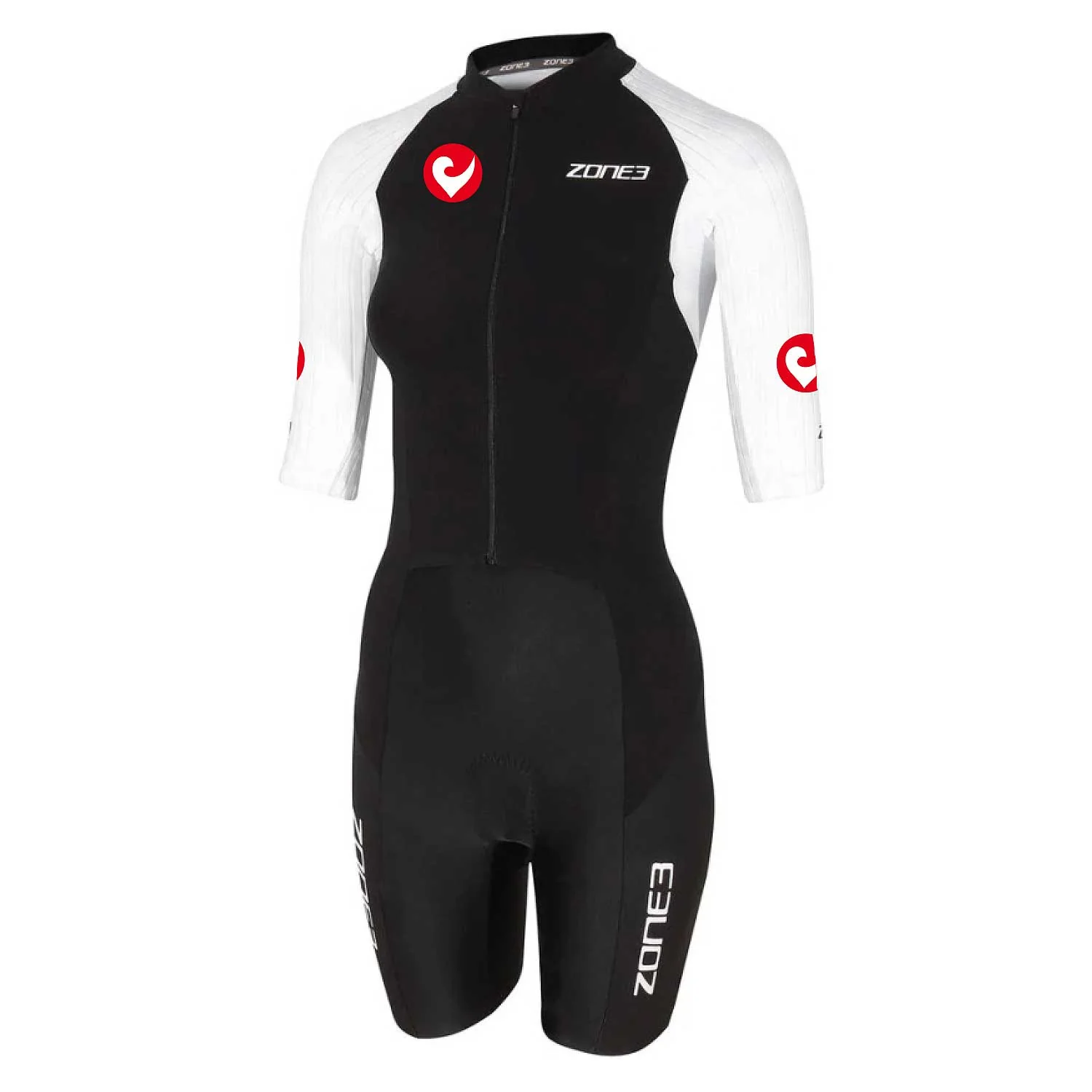

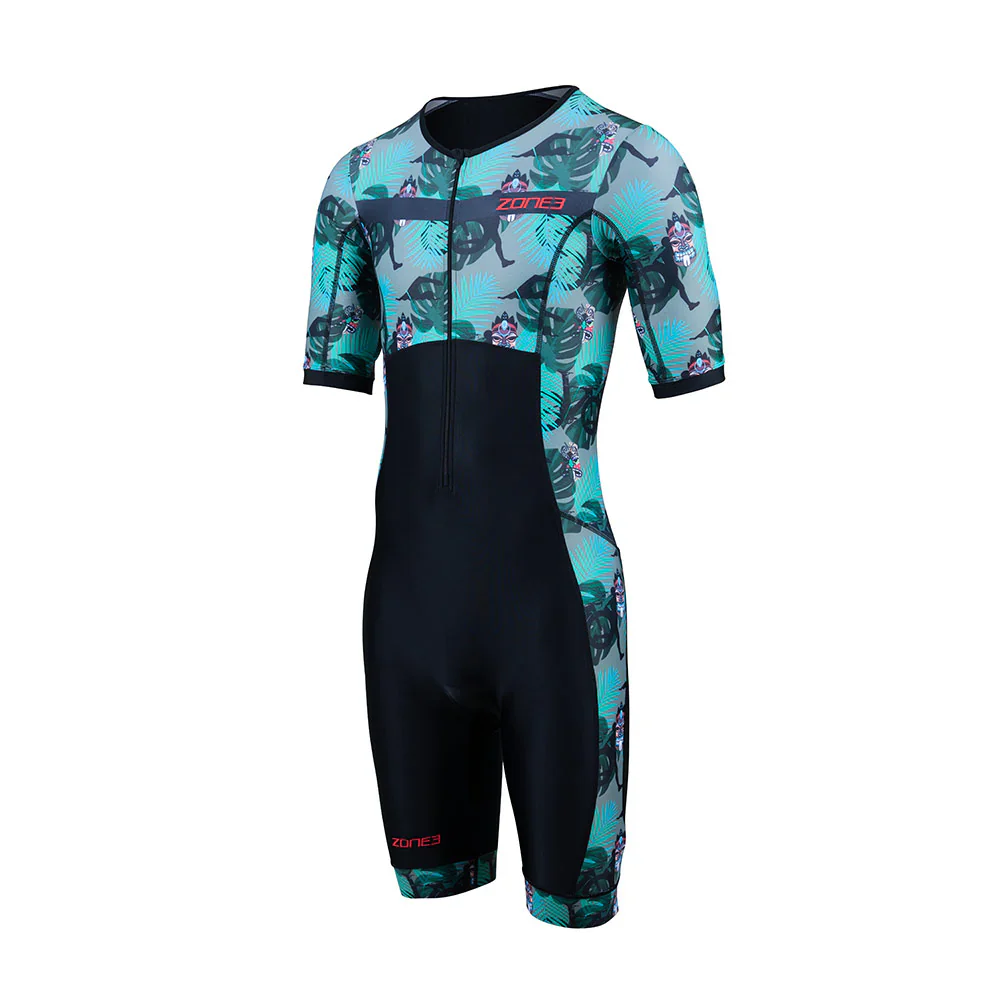
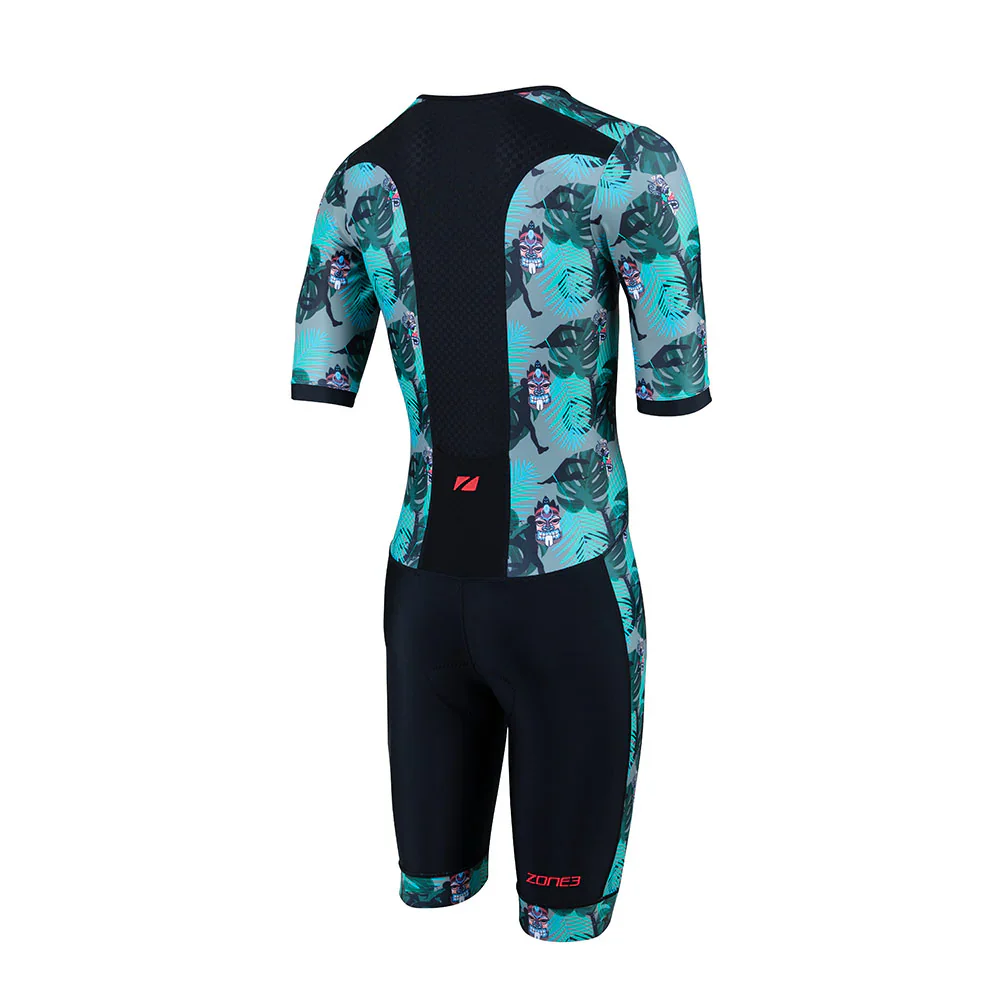
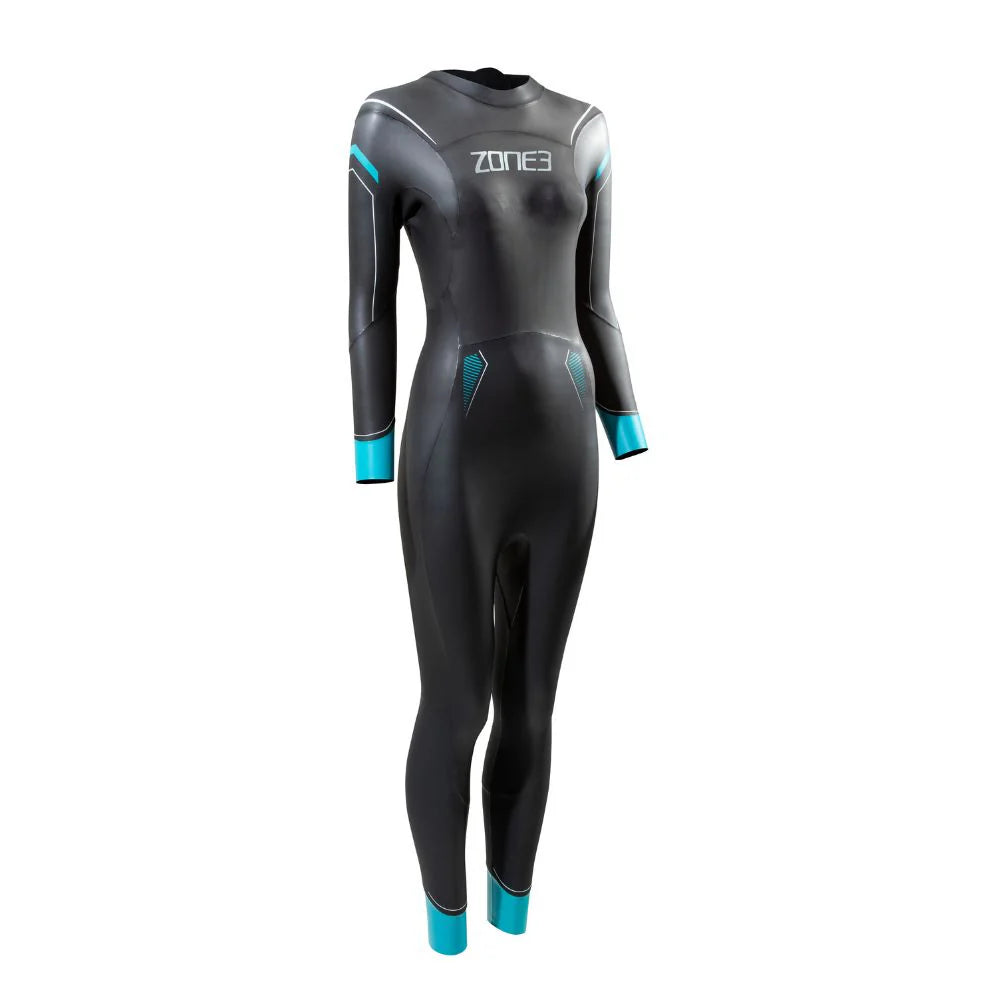









1 comment
Hermstein
Als Nuss-Allergiker, welche Alternative habe ich? 🤔
Vielen Dank im Voraus!